In the realm of fitness and wellness, Pilates stands out as a unique and highly effective practice that goes beyond mere exercise. Originating in the early 20th century, Pilates has gained widespread popularity for its holistic approach, blending physical conditioning with mindful movement. Whether you're a fitness enthusiast or a newcomer seeking a balanced workout, Pilates offers a transformative experience that strengthens the body, enhances flexibility, and fosters mental well-being.
The Origins of Pilates
Pilates was developed by Joseph Pilates, a German physical trainer who dedicated his life to improving physical and mental health. Initially named "Contrology," the practice emphasised the importance of using the mind to control the muscles. Joseph Pilates designed this method to rehabilitate injured soldiers during World War I, and later refined it to enhance overall fitness and well-being.
Core Principles of Pilates
The foundation of Pilates lies in its core principles, which guide every movement and exercise:
- Concentration: Focus and concentration are paramount in Pilates. By paying attention to your movements and breathing, you can perform exercises with precision and control.
- Control: Pilates exercises emphasize controlled movements, reducing the risk of injury and ensuring that each muscle is engaged properly.
- Centering: Often referred to as the "powerhouse," the core muscles are the central focus of Pilates. Strengthening these muscles supports overall stability and balance.
- Flow: Movements in Pilates are smooth and graceful, promoting a sense of fluidity and coordination.
- Precision: Every exercise in Pilates is performed with attention to detail, ensuring that each movement is purposeful and effective.
- Breath: Proper breathing techniques are integral to Pilates, enhancing oxygen flow, and aiding in relaxation and concentration.
Benefits of Pilates
Pilates offers a multitude of benefits, making it a valuable addition to any fitness routine:
- Improved Core Strength
At its core, Pilates targets the deep abdominal muscles, lower back, and pelvic floor. By consistently practicing Pilates, you can develop a strong, stable core, which is essential for overall strength and injury prevention.
- Enhanced Flexibility
Pilates exercises involve stretching and lengthening muscles, leading to improved flexibility and joint mobility. This increased range of motion can enhance performance in other physical activities and reduce the risk of injuries.
- Better Posture
Pilates focuses on alignment and balance, helping to correct poor posture habits. Strengthening the muscles that support the spine can alleviate back pain and promote a healthier, more upright posture.
- Stress Reduction
The mindful aspect of Pilates, combined with controlled breathing, fosters relaxation and reduces stress. Practicing Pilates can be a meditative experience, helping to calm the mind and improve mental clarity.
- Injury Rehabilitation
Pilates is often used in physical therapy to rehabilitate injuries. Its low-impact nature and emphasis on controlled movements make it an ideal practice for recovering from injuries and preventing future ones.
- Improved Athletic Performance
Athletes from various disciplines incorporate Pilates into their training to enhance their performance. The focus on core strength, flexibility, and balance can lead to better coordination, power, and agility.
Getting Started with Pilates
Starting your Pilates journey is simple and accessible. Here are a few steps to get you going:
- Find a Class or Instructor: Look for local Pilates studios or certified instructors who can guide you through the basics. Group classes and one-on-one sessions are great for learning proper technique.
- Online Resources: Numerous online platforms offer Pilates classes and tutorials, allowing you to practice at home. Make sure to follow instructions carefully to ensure proper form.
- Invest in Basic Equipment: While Pilates can be done with just a mat, certain equipment like resistance bands, Pilates rings, or a reformer can enhance your practice.
- Start Slow: As with any new exercise routine, start slow and gradually increase the intensity. Focus on mastering the foundational exercises before moving on to more advanced movements.
- Consistency is Key: Regular practice is essential to reap the benefits of Pilates. Aim to incorporate it into your routine a few times a week.
Pilates is more than just an exercise; it's a journey toward a stronger, more balanced body and mind. By integrating Pilates into your fitness routine, you can improve core strength, flexibility, and posture while reducing stress and enhancing overall well-being. Whether you're looking to rehabilitate an injury, boost athletic performance, or simply find a mindful way to stay fit, Pilates offers a transformative practice that can benefit everyone. Start your Pilates journey today and discover the profound impact it can have on your life.
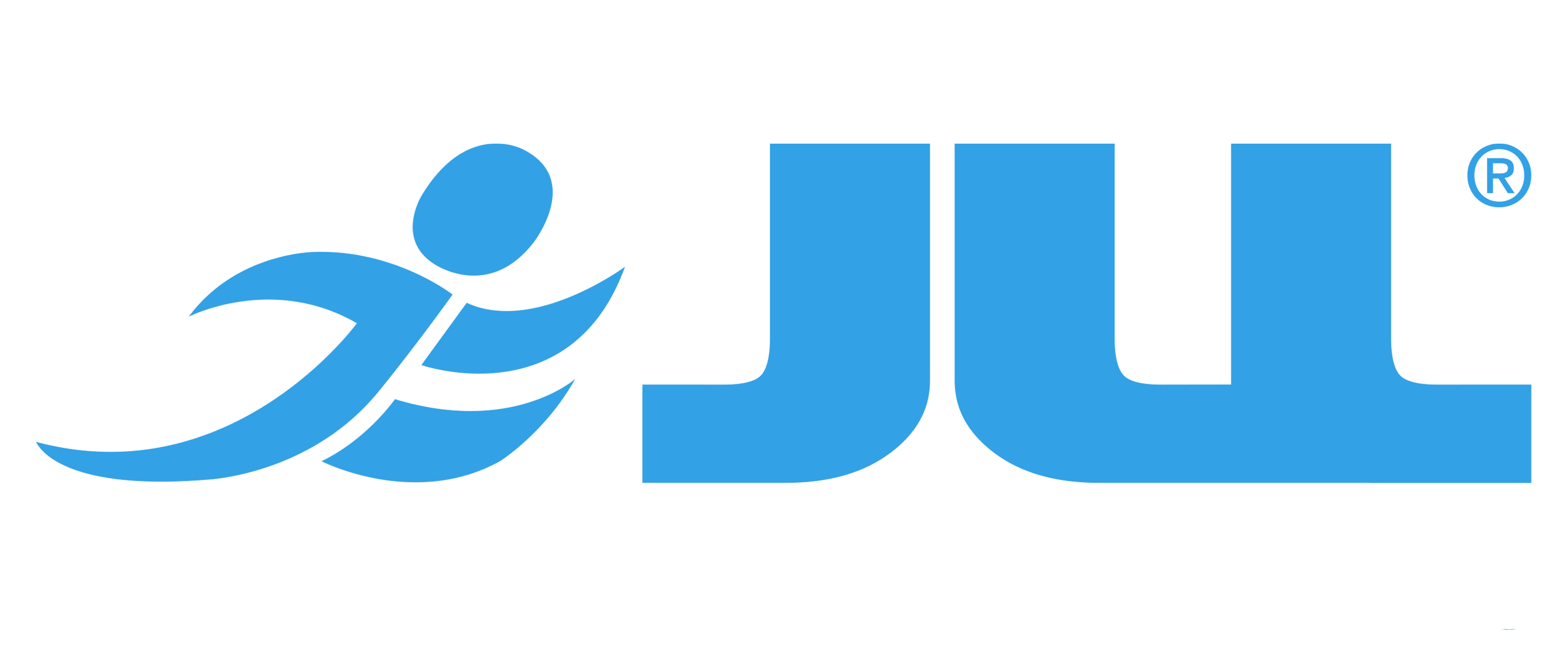
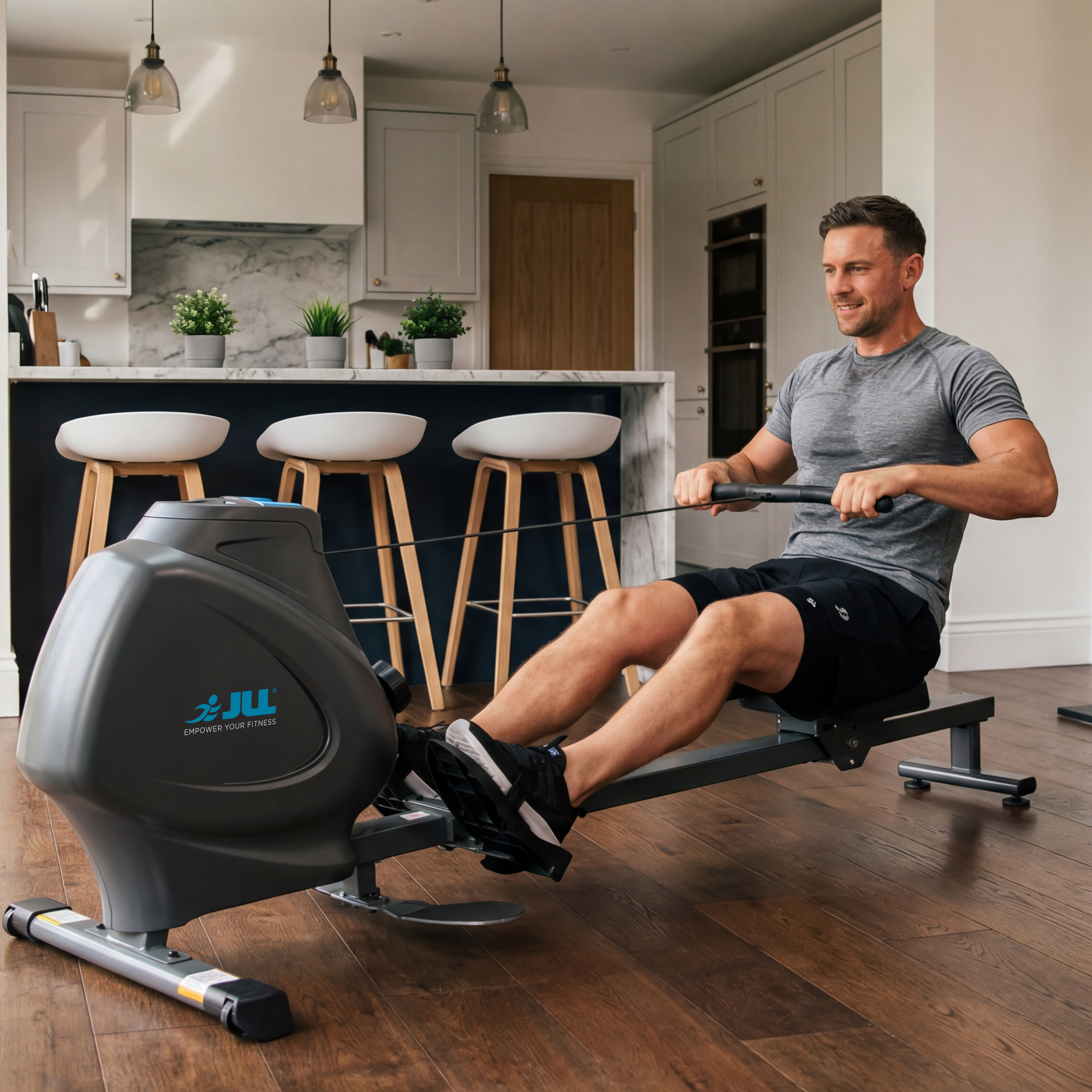
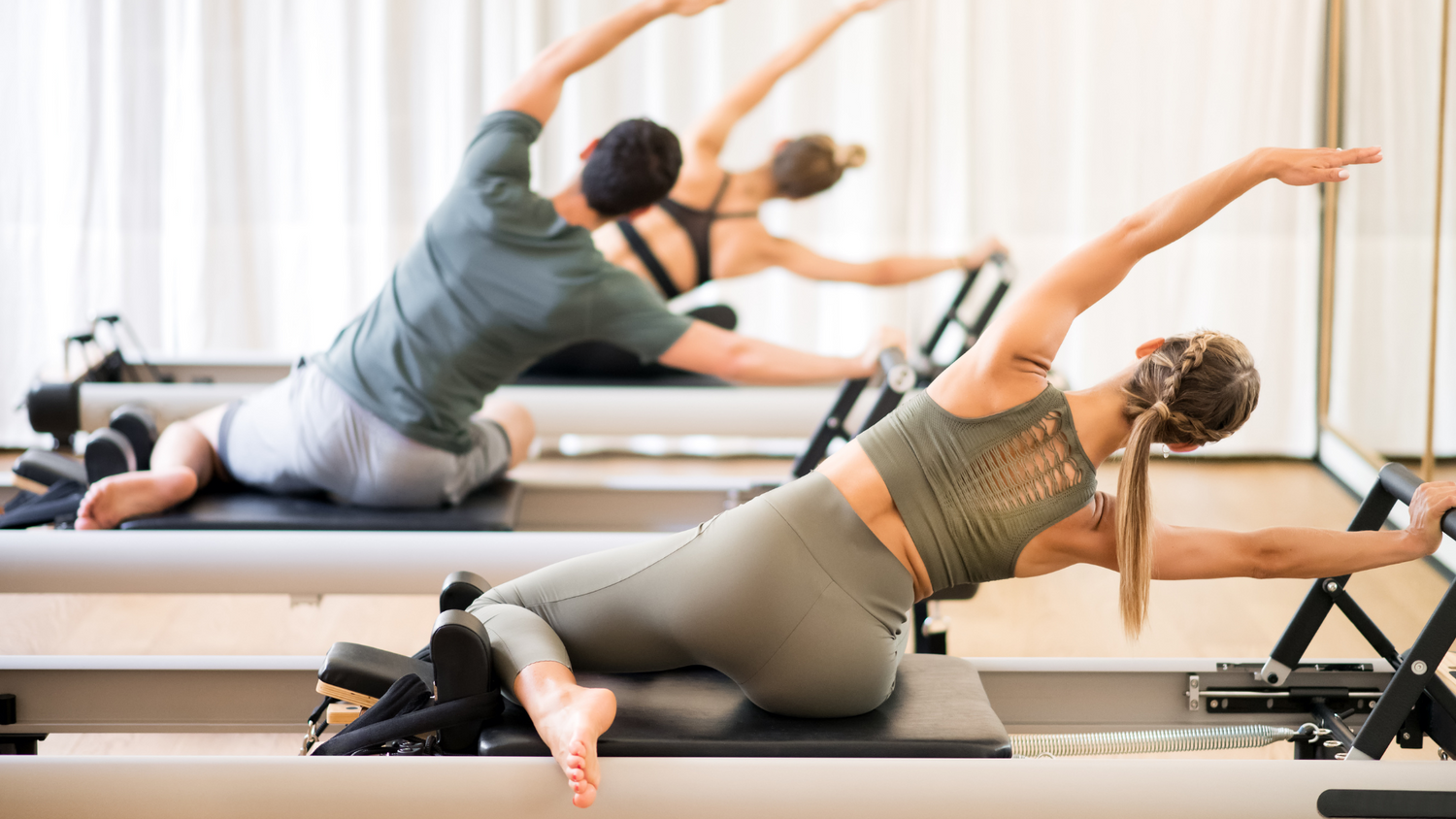
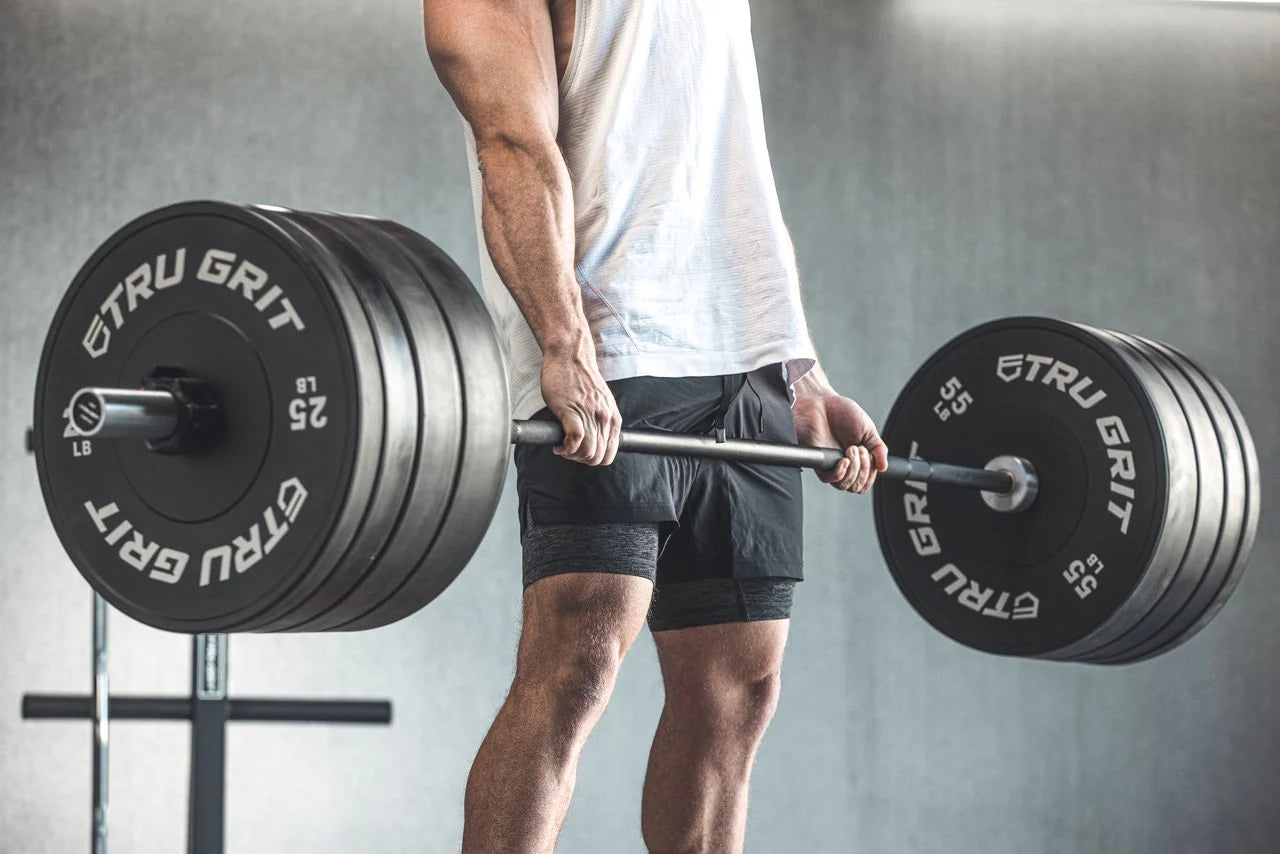
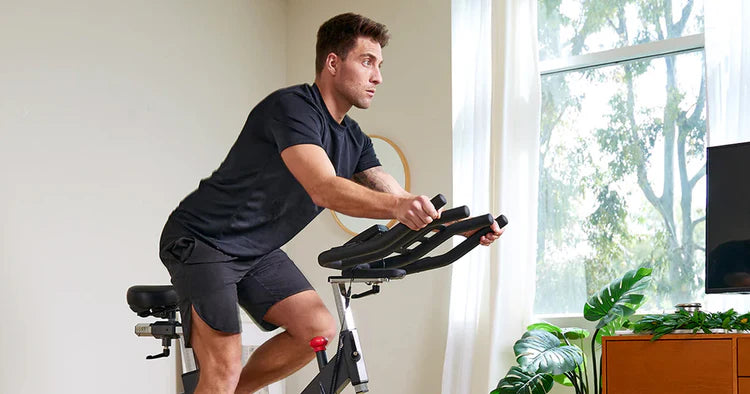



Leave a comment
All comments are moderated before being published.
This site is protected by hCaptcha and the hCaptcha Privacy Policy and Terms of Service apply.